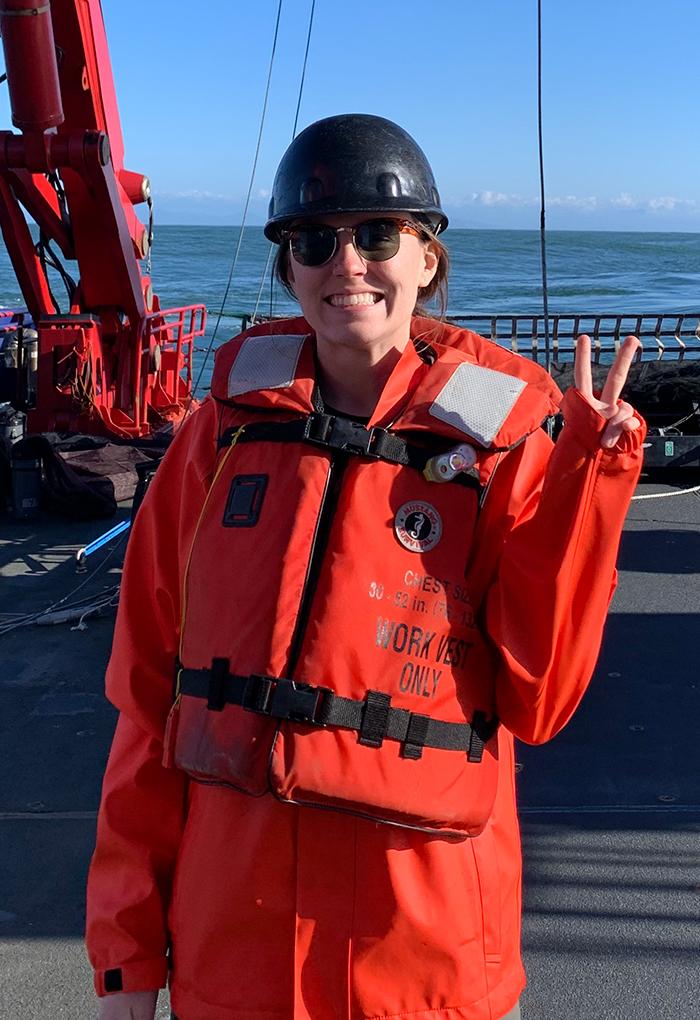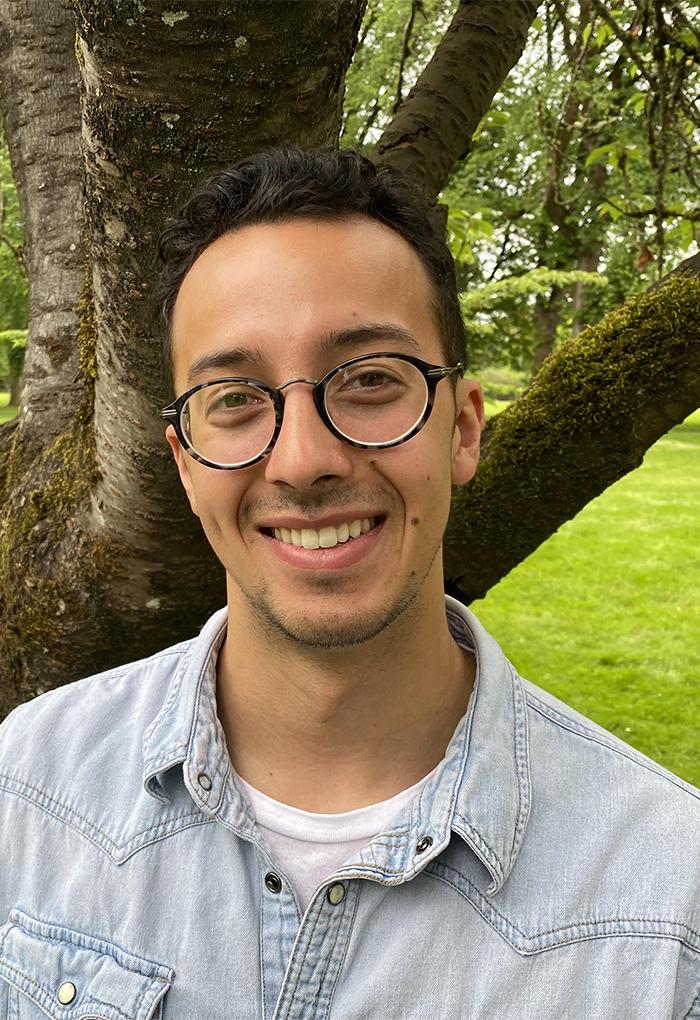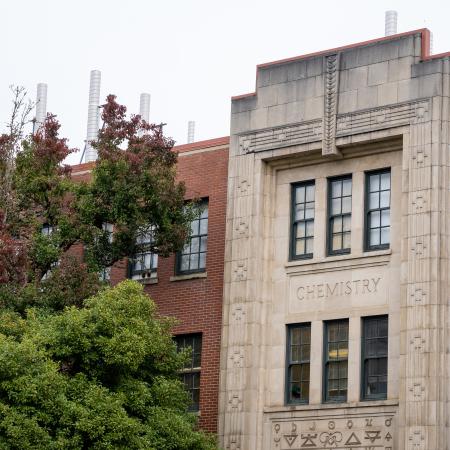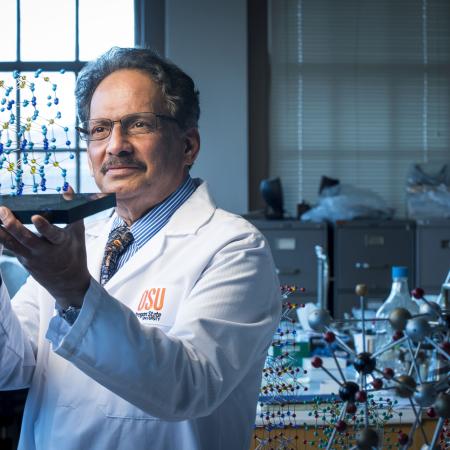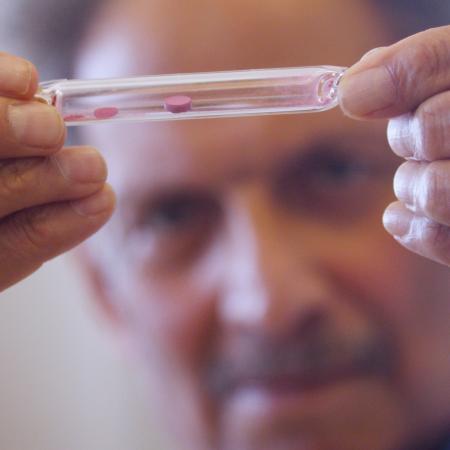Two College of Science first-year Ph.D. students, Elena Conser in integrative biology and Andrew Clifford in chemistry, have been selected for the prestigious National Science Foundation Graduate Research Fellowship Program (NSF GRFP) in 2022. They are among five Oregon State University students to receive the award this year.
Two alumnae, Tamara Jane Layden (Zoology, ’17) and Rachel Sousa (Mathematics, ’20), also received the 2022 award. Layden is completing a master’s of science in ecology at Colorado State University. Sousa is in her second year of a Ph.D. in mathematical, computational and systems biology at the University of California Irvine.
The NSF GRFP recognizes and supports outstanding graduate students in STEM disciplines who are pursuing research-based master’s and doctoral degrees at U.S. institutions. In 2022, NSF offered a total of 2,193 awards to students from a competitive pool of applicants from all 50 states as well as the District of Columbia and U.S. territories. The five-year fellowship includes three years of financial support including an annual stipend of $34,000 and a cost of education allowance of $12,000 to the institution.

